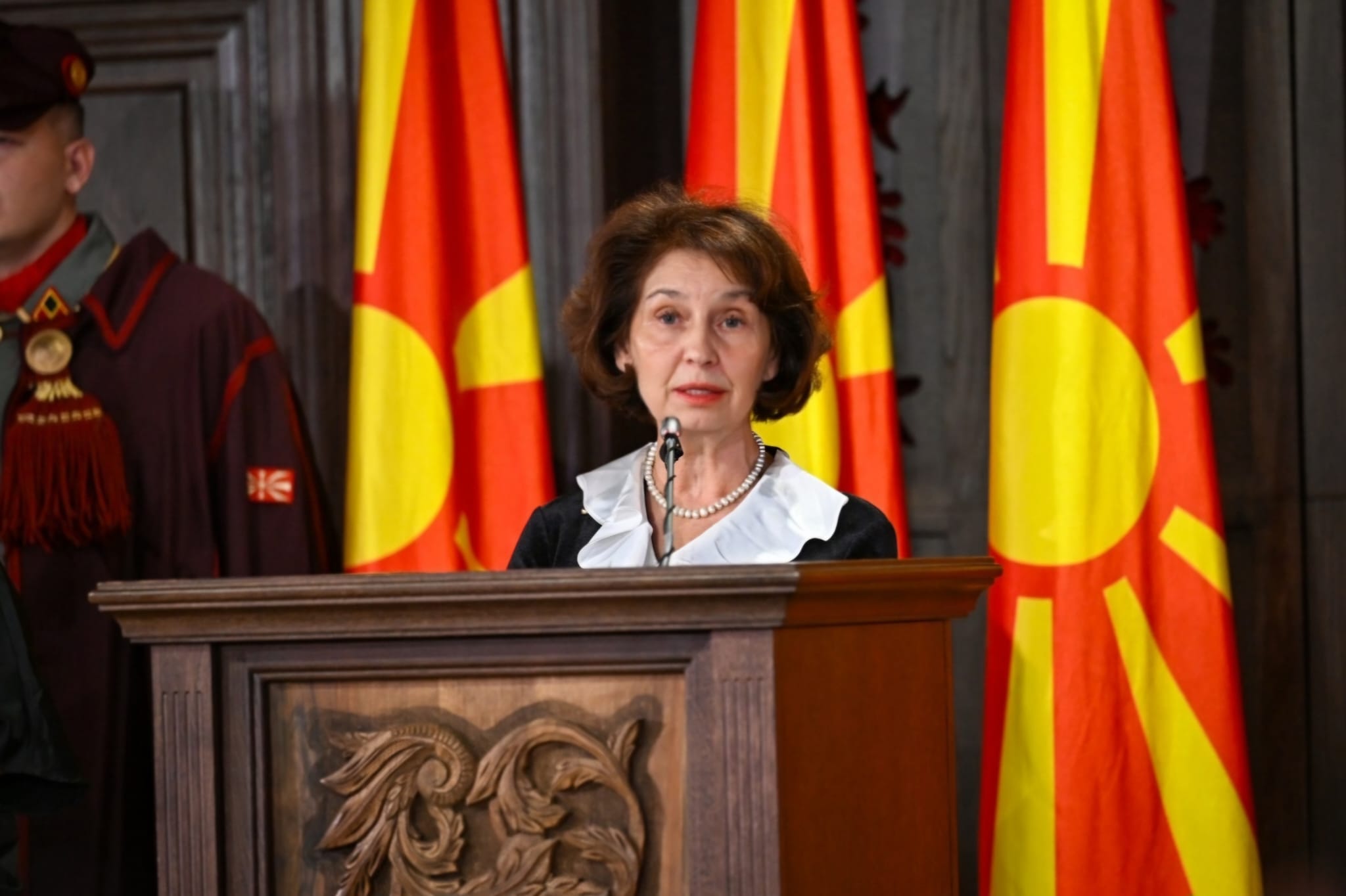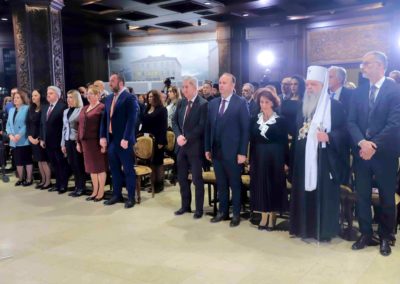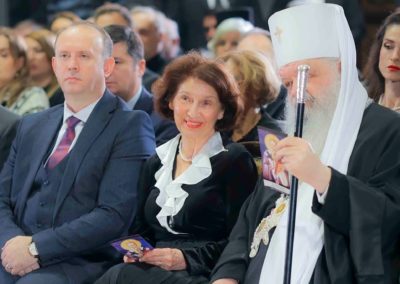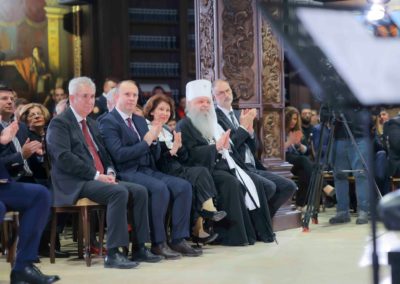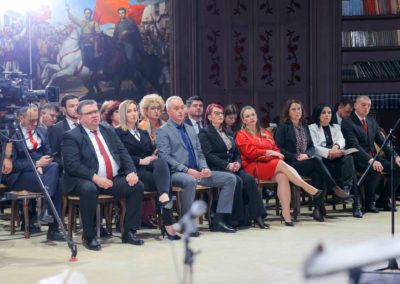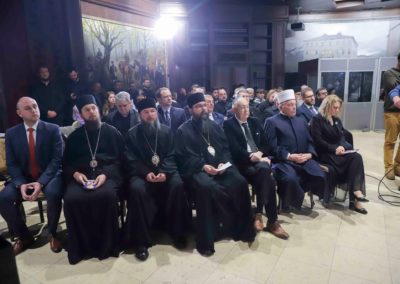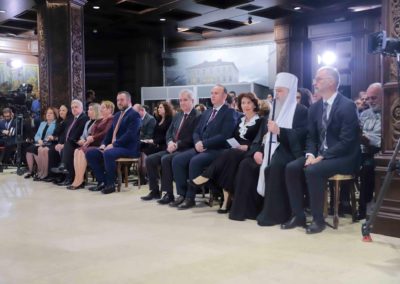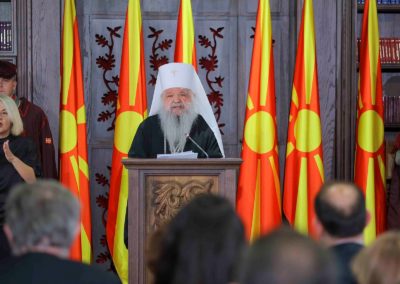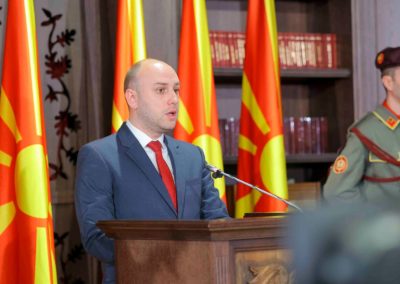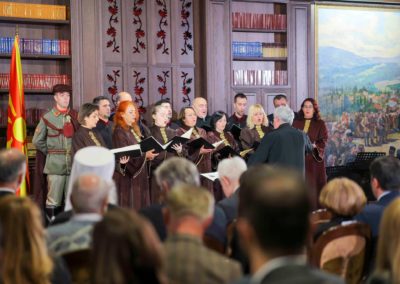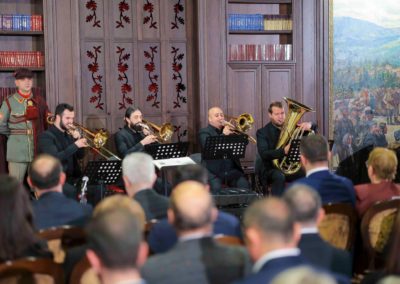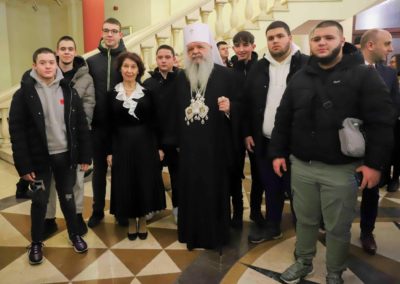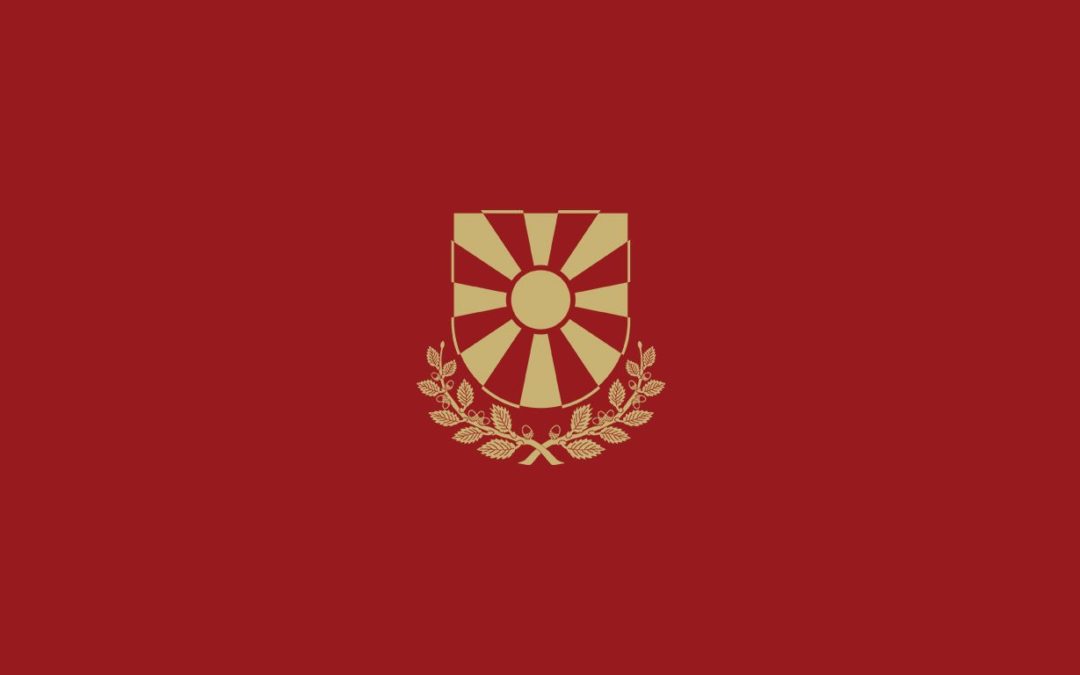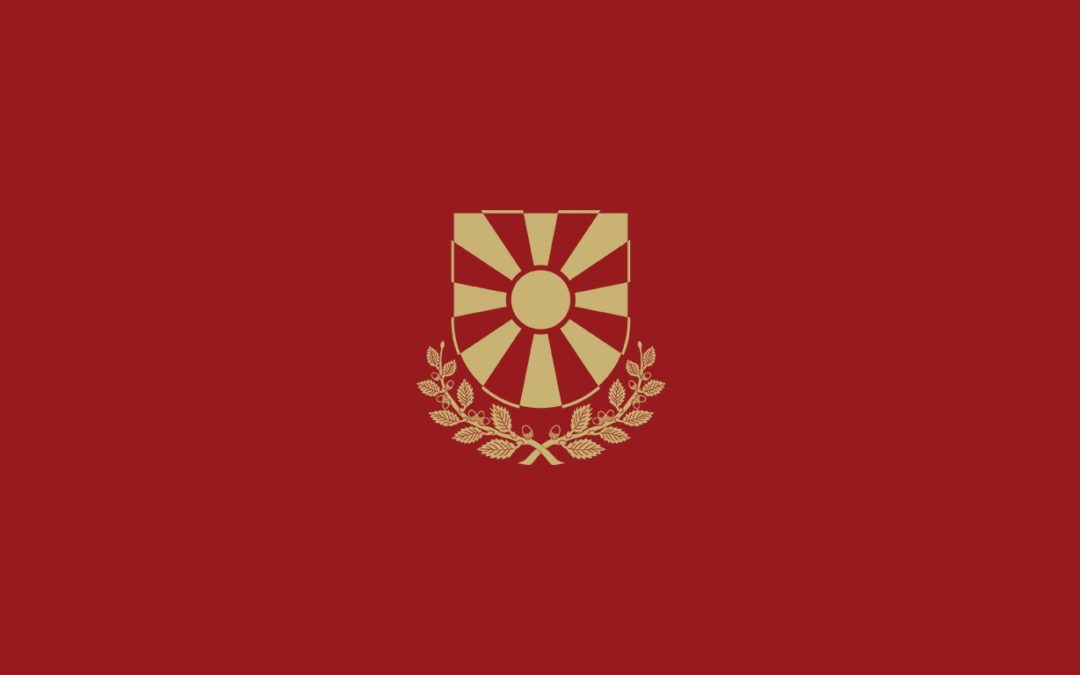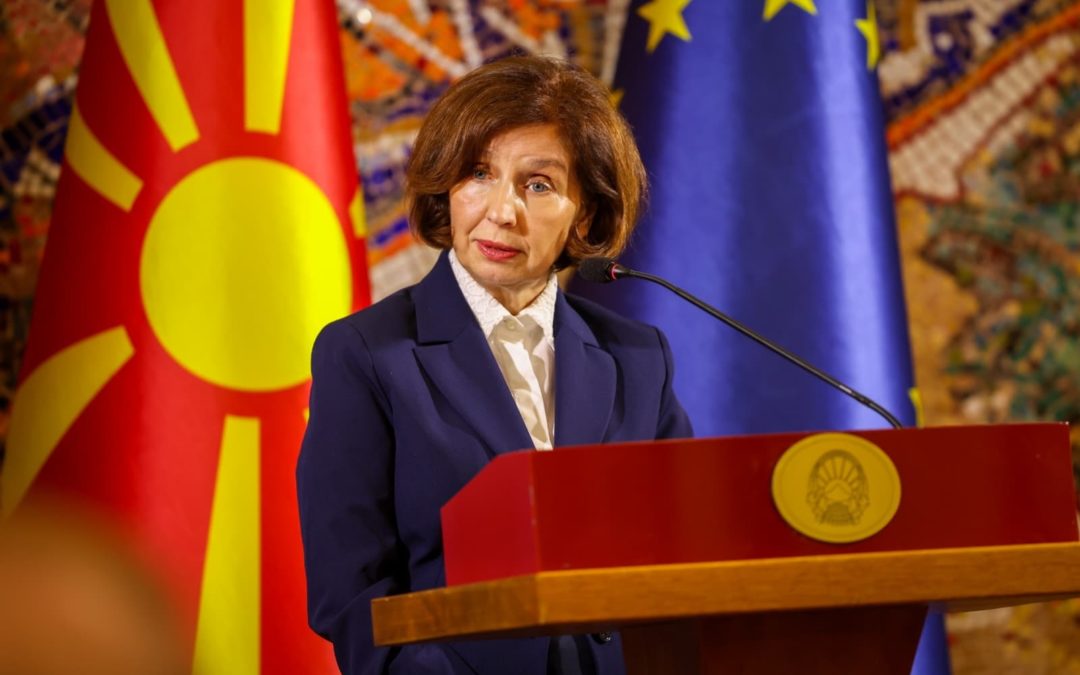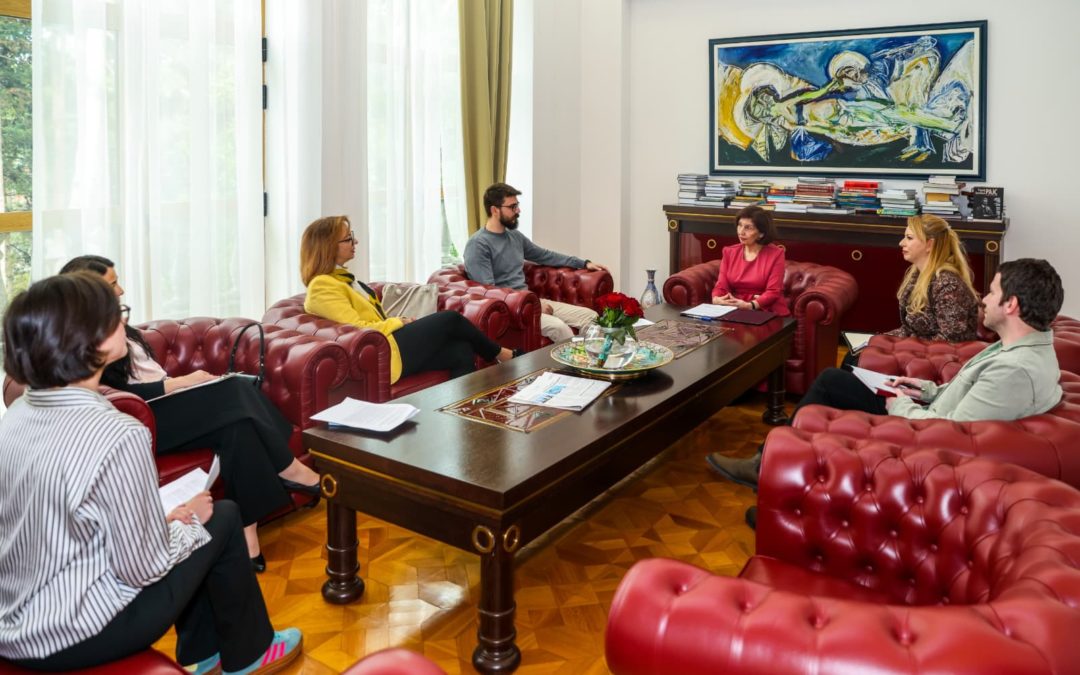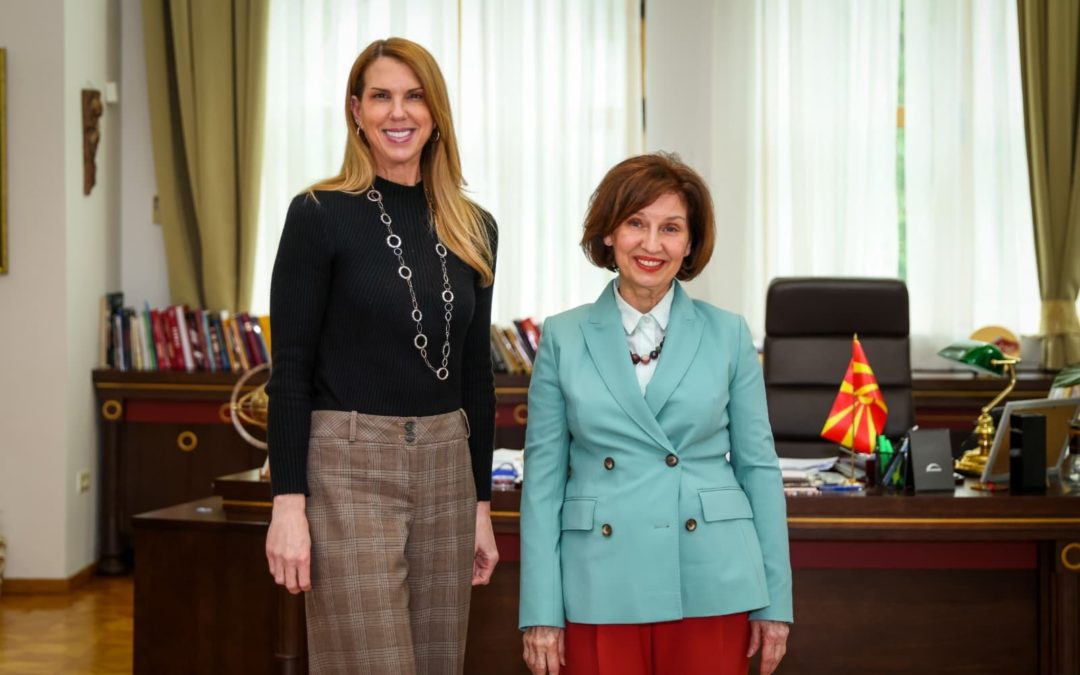President Gordana Siljanovska Davkova addressed the Academy today, which was held at the Museum of the Macedonian Struggle for Independence, on the occasion of the state holiday of “St. Clement of Ohrid”.
Below is the integral text of President Siljanovska Davkova’s address.
Honorable Archbishop of Ohrid and Macedonia, Your Holiness Stefan,
Distinguished President of the Assembly, Your Excellency Afrim Gashi,
Respected representatives of the Government, Members of Parliament, representatives of the judiciary, academicians and church dignitaries,
Your Excellences,
Respected fellow citizens,
Dear friends,
“If we value a person’s life by what will remain after him and by the durability of his work – then, indeed, the work of Saint Clement is great. For, even after 11 centuries, it still endures… his work is of a general, universal character – both from a religious, Christian aspect, and from a cultural and scientific point of view.” With these words, the recently deceased Metropolitan of Debar and Kicevo, His Excellency Timotej, brought us closer to the greatest disciple of Saints Cyril and Methodius.
We know that after the Moravian mission, Saint Clement returned to the Balkans, and was sent to our region, to the Kutmicevica region, first as a missionary and teacher, and then as the first Slavic bishop. Here, Saint Clement found a people sinking into ignorance and poverty, guided by the law of the stronger instead of the golden rule.
Faced with this situation, St. Clement gave no sleep to his eyes, nor slumber to his eyelashes, and considered caring for the people his food and delight. And he always taught, and always established order, correcting ignorance and becoming everything to everyone, according to everyone’s need.
In just three decades, St. Clement, together with St. Naum of Ohrid, managed to transform the primitive periphery into a developed center of literacy, spirituality, culture and art. The Ohrid Literary School produced 3,500 students who became teachers of Slavicism. Its monasteries became guardians of the temporal and spatial continuity of the Macedonian language. A century later, Ohrid itself was elevated to the rank of archbishopric that cared for the spiritual and worldly needs of the people. Many of its archbishops were top thinkers, builders, diplomats, peacemakers, whose voice was heard and respected throughout the Orthodox ecumenism.
But probably the greatest work of St. Clement is the spiritual and ethical uplifting of the people. With his words and teachings, he sought to build a new man, with new, noble habits. There is hardly a sermon of St. Clement without a call for responsible behavior towards fellow humans who suffer. His goal was to help people become aware not only of their own, but also of the needs and sufferings of others.
Here is what St. Clement says in one of his words: “Stop doing evil and learn to do good; seek justice and rescue the oppressed; judge righteously and protect orphans and widows. For this is true repentance, when we hate all injustice and make it abhorrent to us…”
This is just one of the many biblical quotes that St. Clement uses to confront his listeners with the biblical condemnation of social injustice towards vulnerable categories, something that is common to all Abraham religions. And we, today, regardless of whether we are Christians, Muslims, Jews, atheists, regardless of whether we are Macedonians, Albanians, Turks, Serbs, Vlachs, Roma, Bosniaks and others, should be equally united around these St. Clement’s commitments and help contemporary vulnerable categories, social cases, the homeless, refugees, victims of domestic violence, undeclared workers.
St. Clement practiced what he preached. It is no coincidence that the Ohrid Archbishop Theophylact writes that St. Clement was a “father of orphans and helper of widows”, keeping the gates of his home “open to every poor person, and no stranger would spend the night outside”. Thanks to his efforts, soup kitchens, orphanages, nursing homes, hospitals for the body and soul were opened, that is, what we today call social and health care.
With his words, teachings, lectures, but above all, with his personal example, St. Clement castrated the selfish ME and MINE among the people, and grafted the benevolent WE and OUR. He developed in people the awareness that they are called to help each other, to be just and in solidarity. In doing so, St. Clement gave the people a spiritual and ethical compass so that they could more easily orient themselves through the centuries in which empires, authorities and systems changed and to survive through the years of propaganda, conflicts and divisions.
Not only Christians, but also members of other religions can identify with these universal, humane values.
It is no coincidence that St. Clement of Ohrid became the greatest spiritual authority not only for our local Orthodox Church, but also for the Macedonian secular state and for the Macedonian multiethnic and multi-religious society.
It is no coincidence that most of the old frescoes and icons with his image originate from Macedonia.
It is no coincidence that St. Clement was an inspiration for Macedonian revivalists and textbook writers and an obsession for generations of historians, linguists, Slavists and Macedonianists who dedicated thousands of literary and scientific works to him.
It is no coincidence that he is the patron saint of several primary and secondary schools, faculties, libraries and a state university.
More than other neighboring nations, the Macedonian people owe their existence and survival to St. Clement of Ohrid.
However, 11 centuries later, we cannot help but notice that the values and habits instilled by St. Clement are disappearing before our eyes. We live in a time of disrupted interpersonal relationships. Instead of humanity and generosity, there is an ever-increasing obsession with money, status and selfishness as goals that justify all means. This is a time in which the honest are ignored while the dishonest are imitated. We are among the last in Europe in terms of the level of volunteerism and civic activism. Just as corruption threatens the rule of law, exploitation pollutes the soil, water and air. We are witnessing a decades-long race to usurp public space and appropriate the common good. And all this to the detriment of the future of the younger generations. It is enough to remember the endangered natural and cultural heritage of the Ohrid UNESCO region, which was the center of Saint Clement’s spiritual and educational activity.
These conditions are not current, but have been following us for years and decades. But now they are taking on alarming proportions. We should not look for the reasons only in our own country. The blockades and bilateralization of European integration have stuck us in this European periphery called the Western Balkans, from which our young people are massively emigrating.
In a way, it is as if we are returning to the pre-Clement era and as if we are rapidly transforming into a society in which the humane WE and OUR have been displaced by the selfish ME and MINE.
Respected guests, dear fellow citizens,
Ahead of us is the great task of transforming this periphery of ours once again into a center of education and economy, of culture and art, of innovation and creativity. We must work hard and with sacrifice in every field, to develop the economy, to ensure the rule of law, to build functional systems and institutions. But for all these efforts to take root and bear fruit, we need to return once again to the timeless messages of Saint Clement.
Although written in archaic language, his words speak of current topics. About justice versus injustice and about solidarity versus selfishness.
The first value is justice. Saint Clement’s justice is not limited only to literal respect for state laws. Just are not those who have not violated a single state law, but those who, respecting the laws, at the same time build and strengthen the community with their lives. Saint Clement’s justice is also social justice because it is aimed at protecting the powerless, helping the poor and restoring the dignity of every person. A just society is one in which the individual actively contributes to the common good and the public interest, and is networked in a community of harmonious mutual relations.
The second value is solidarity, which is not a fleeting emotion, but a practical virtue and an applicable policy. To be in solidarity means to be human, that is, to be aware of the needs and suffering of others. St. Clement’s solidarity is not reduced only to economic redistribution, but also includes an appropriate sharing of power and responsibility in the community and society. The success of each individual is the success of the entire community, and the failure of even one individual, of one student, of one worker, of one family, is the failure of the entire society. Solidarity is multiethnic, multilingual, multi-religious because it recognizes the human in what is different from us. Without interethnic solidarity, there is no interethnic coexistence.
Distinguished guests,
Dear fellow citizens,
Today’s feast is an occasion to remember that we do not need to wait for a new St. Clement to come because he lives in us. But we need to awaken the St. Clement in each of us. We, the teachers, the leaders, need to become St. Clement’s students again in order to remember his philosophy of life and pass it on to our students. In doing so, we will enable them to become teachers and leaders of the current and future generations themselves. Let us help them progress and succeed only with their knowledge, skills and qualities, not based on personal ties, party membership and patronage.
If we want the Macedonian society to be just and united, and to make Macedonia a decent place to live in, we must return to the values of St. Clement of Ohrid. I believe that only in this way will we be able to call ourselves true heirs of our great teacher, saint and enlightener.
Thank you.
